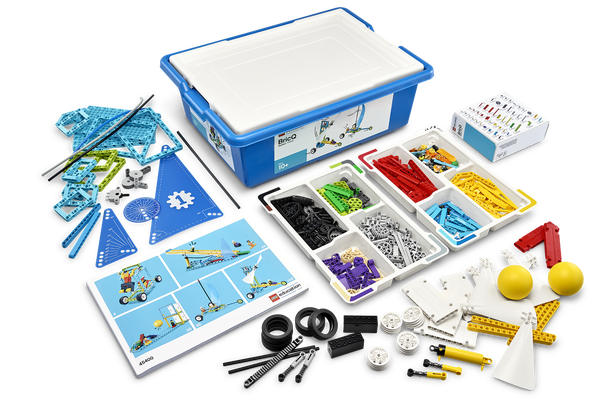As midterm exams approach, students must already commenced their revision. However, the task of exam preparation can seem overwhelming, leading to feelings of pressure that might disrupt their concentration. Maintaining a calm and composed mindset before tackling the exam paper is a crucial element for achieving success.
Why is Physics considered a Tough Subject?
The apprehension some students feel toward physics is understandable. Physics, as a subject, requires critical-thinking skills, which are essential for understanding its intricacies. Yet, it often involves abstract and intricate concepts that can prove challenging for young learners to fully grasp. Additionally, the subject frequently requires the use of mathematical calculations and formulas. Consequently, if a student is encountering difficulties with mathematics, they might also face challenges in comprehending physics concepts, which heavily rely on mathematical reasoning.
Tips for Physics Exam Preparation:
Recognizing and steering clear of the following mistakes can pave the way for a smoother and more successful physics exam preparation journey.
#1. Get rid of Common Misconceptions Related To Force and motion
- Equating Speed with Force: Children can mistakenly associate an object’s speed with the amount of force applied. They might believe that a faster-moving object must have a stronger force acting on it.
- Ignoring Mass: Some might overlook the role of mass in determining the effects of force on an object. They could assume that any force would produce the same result regardless of the object’s mass.
- Neglecting the Effects of Friction: Not considering the role of friction in affecting motion Students could assume that objects will keep moving forever once a force is applied, not considering the impact of friction that can slow down or stop motion.
- Gravity as the Only Force: Several fundamental forces play a role in various physical interactions. However, learners may overstress gravitational force and not pay attention to knowing about other forces such as applied force, magnetic force, and tension force, amongst others.
- Force and Direction: It is often concluded that when an object is pushed, the force should always go in the direction that the object is moving. However, the force can be applied in any direction, not just the direction the object is going. So, it’s important to know that force doesn’t always match the direction of motion.
#2 Have Enough Hands-on experience
Gaining hands-on experience in physics offers valuable benefits during exams for students. When you actively engage with physics concepts through experiments and practical activities, you develop a deeper understanding. This practical exposure helps you visualize abstract theories, making them more relatable and easier to remember. The LEGO® Education BricQ Motion combines hands-on activities with physics concepts, creating an engaging learning experience for kids. Through this educational set, you can physically build models using LEGO elements that demonstrate fundamental physics principles, therefore helping with exam preparation.
#3 Memorizing Concepts
Before exams, committing key physics concepts to memory holds significant importance. Memorization ensures swift recall of essential principles, enabling students to approach problems with confidence. This familiarity aids in efficiently applying theories and formulas, facilitating a clearer understanding of complex topics. Ultimately, a solid foundation of memorized concepts empowers students to navigate exams with competence and achieve favorable outcomes.
#4 Revising Math
Reviewing math concepts ensures you’re well-prepared to tackle the quantitative aspects of physics. Therefore, Brushing up on math skills before a physics exam is crucial to handling complex equations, performing accurate calculations, and getting correct answers without wasting too much time.
#5 Going Beyond Textbooks
To delve deeper into physics beyond textbooks, kids can explore additional resources. Reading physics-related books broadens their understanding, offering diverse perspectives and real-world applications. Online platforms, like educational websites and video tutorials, provide interactive explanations and visual demonstrations, enhancing comprehension. Engaging with these supplementary materials fosters a comprehensive grasp of concepts, bolstering their confidence in exam preparation for a well-rounded performance.

